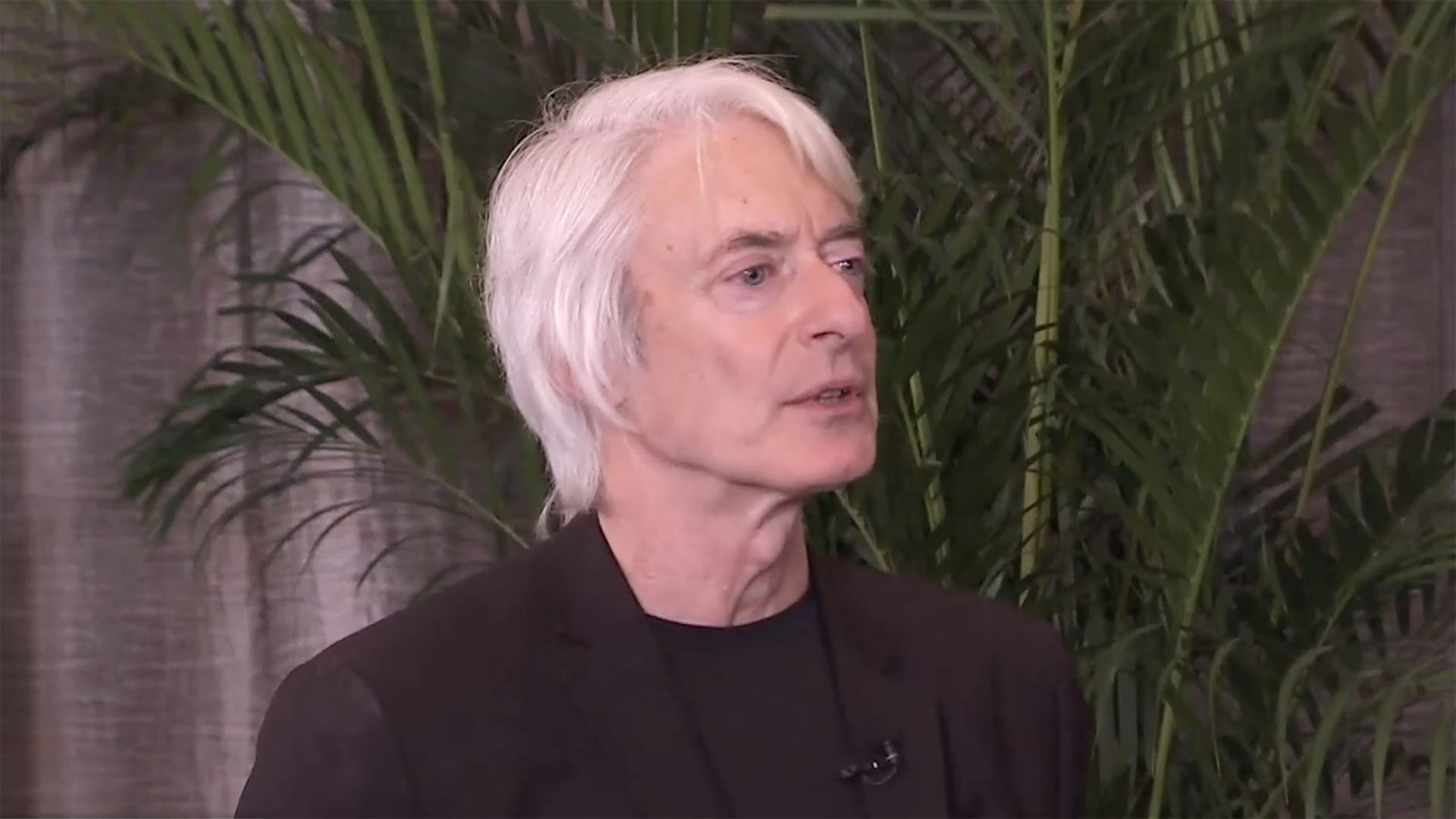
Opinions
07:40, 19-Nov-2018
Technology: Fear, conquer and embrace
Updated
07:40, 22-Nov-2018
CGTN’s Maria Siow, Wang Haidi
02:56

The advancement made in various technologies such as robotics, artificial intelligence (AI), virtual reality and 5G may have fundamentally changed modern living, but are not expected to replace the ingenuity of the human brain.
This was the consensus of discussants speaking at a panel on China's 40th anniversary of reform and opening-up chaired by Laurence Brahm.
However, most discussants were concerned about the impact of technology on countries, as well as its unbalanced distribution both within and across different countries and regions.
As China Value CEO Alex Lin put it, AI has destroyed traditional jobs to such an extent that fresh graduates might be compelled to turn to freelance, possibly even taking on hundreds of jobs in their lifetimes.
Founding partner at nHack Richard Robinson noted that the loss of jobs through AI and robotics is likely to lead to social upheavals.
Even so, he believes that AI still has further scope in replacing the more mundane human tasks. Citing the case of his sister who works as a nurse in a hospital's intensive care unit (ICU), Robinson noted that 90 percent of his sister's job is spent on repetitive tasks and only 10 percent on interacting with patients.
If more of the mundane tasks can be taken over by AI, more time can be spent on providing the human touch to patients in need.
As tech career coach Adele Hu noted, advances in technology are unlikely to completely replace or replicate the human brain.
Citing a recent successful surgery in Beijing being performed by robots in collaboration with human surgeons, Hu said that technology will continue to free up people's time in pursuit of other endeavors.
02:22

CGTN anchor Zou Yue noted that many Western countries are concerned about the rapid technological development in China, fearing that these might threaten their own industries.
He argued that China needs to better explain itself, not so much in ensuring that it will not be a threat despite its capabilities. Rather, it should better drive home the point that it is non-aggressive in nature, believes in harmony, and prefers to forge collaborative partnerships.
"40 years with Laurence Brahm: A marathon of experiences and ideas” is a special CGTN program on China's reform and opening-up. The 10-episode series explores many sides of reform and opening-up over the years and offers a unique perspective on the seismic shifts that have rippled through China's economy, policies and social fabric. The program is live streamed at cgtn.com every day from November 15 to 25.

SITEMAP
Copyright © 2018 CGTN. Beijing ICP prepared NO.16065310-3
Copyright © 2018 CGTN. Beijing ICP prepared NO.16065310-3